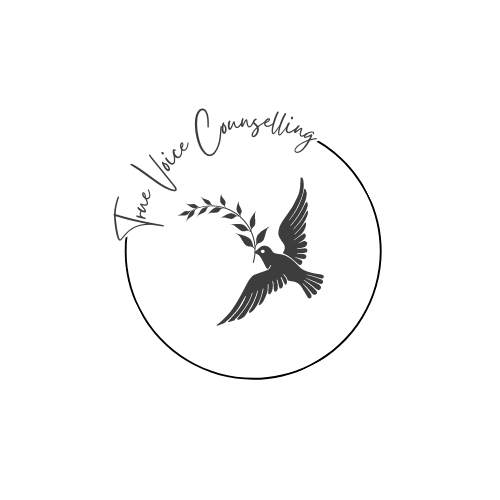My Approach
I believe therapy should feel like a space that’s made for you. That’s why I work in a pluralistic way — drawing from a range of psychological approaches and staying in conversation with you about what feels most helpful. Some people need space to explore painful memories. Others want support with anxiety, reconnecting with emotions, or understanding relationship patterns. There isn’t one right way to do therapy, and we’ll find the path together.
What I believe
I see people as whole, complex, and worthy, even when life feels overwhelming. We all carry different parts of ourselves — some confident, some anxious, some hurting — and each of those parts has something important to say.
I also believe we’re shaped by our relationships, culture, family, and the systems we live in. Many of the patterns we struggle with now began as ways to cope, connect, or stay safe. In therapy, we bring these patterns into the light — not to blame, but to understand them and work with them more gently.
The importance of relationship
The relationship between us is at the heart of the work. When therapy feels safe and grounded, it becomes possible to explore things that might otherwise feel too vulnerable or unclear.
I aim to bring warmth, honesty, and attunement to each session. I won’t sit silently or position myself as the expert on your life. Instead, I’ll show up as a real person, and offer a space where you can show up fully too.
How we might work together
Because I work flexibly, I tailor our sessions to your needs and preferences. Some of the approaches I may draw from include:
Person-centred therapy — You lead, with non-judgmental presence and support.
Emotion-focused therapy — We pay attention to emotional experience and learn how to listen and respond with care.
Psychodynamic therapy — We explore how early experiences may be shaping present-day relationships and reactions.
Internal Family Systems (IFS) — We get to know different parts of you and create more space for balance and self-compassion.
Cognitive Analytic Therapy (CAT) and Transactional Analysis (TA) — We map patterns in how you relate to yourself and others, and look for new ways forward.
Experiential and creative approaches — Such as writing, drawing, movement, or metaphor.
Somatic approaches — Including attention to the body, breath, and grounding.
Trauma-informed and shame-sensitive practice — Working carefully and at your pace.
Inclusive and affirming therapy — I warmly welcome all genders, sexualities, neurotypes, and cultural backgrounds.
My commitment to you
My aim is to help you feel more connected to yourself and others. Whether you’re navigating grief, burnout, anxiety, relationship struggles, or a quieter sense of feeling lost, this space is here for you.
Your struggles don’t need to be dramatic or clearly defined to matter. You don’t need to be in crisis. You just need to come as you are.
